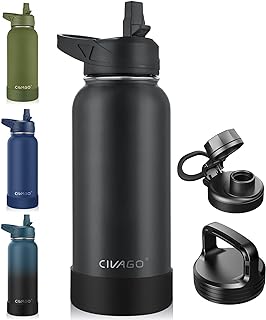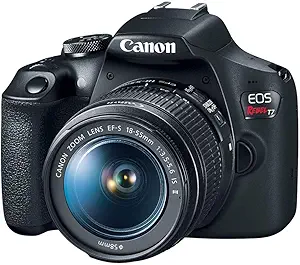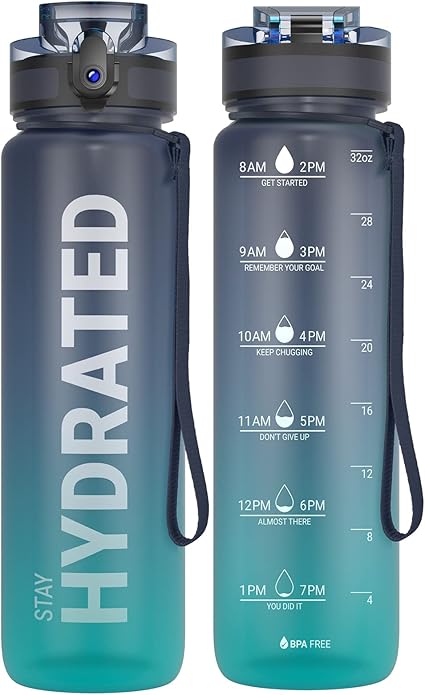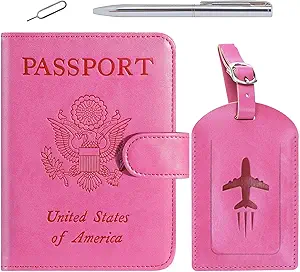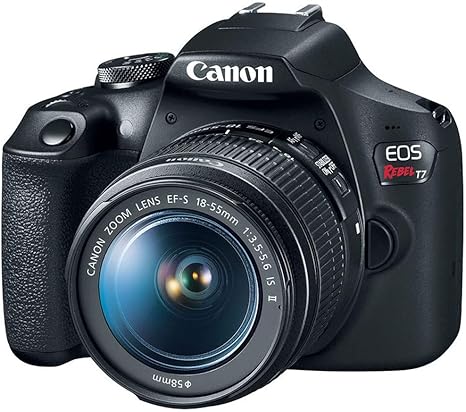AI in Travel Planning: Can Chatbots Be Your New Travel Agent?
Introduction
Planning a trip used to mean flipping through guidebooks, calling travel agencies, or spending hours comparing flights and hotels online. But today, the way we travel is undergoing a transformation. Thanks to Artificial Intelligence (AI), chatbots are stepping in as a new kind of travel companion—smart, quick, and available 24/7.
From finding the cheapest flights to creating personalized itineraries, AI chatbots are reshaping how travelers plan, book, and experience their journeys. But the big question remains: Can a chatbot really replace your travel agent? Or is it just a helpful sidekick?
In this blog, we’ll explore how AI is revolutionizing travel planning, the advantages and limitations of chatbot-based travel tools, and what the future holds for travelers worldwide.
The Rise of AI in Travel
Artificial Intelligence has quietly slipped into nearly every part of our lives—shopping, streaming, banking, healthcare, and now travel. According to a 2024 Skift Research report, over 60% of frequent travelers in the U.S. have already used some form of AI assistance when booking or planning a trip.
The travel industry is uniquely suited for AI because it deals with:
-
Complex choices (flights, hotels, activities, tours)
-
Massive data (pricing, availability, reviews)
-
Personal preferences (budget, style, comfort, accessibility)
Instead of overwhelming travelers with options, AI chatbots can filter, recommend, and customize travel experiences in seconds—tasks that might take hours if done manually.
What Are Travel Chatbots?
Travel chatbots are AI-powered digital assistants designed to help travelers with planning, booking, and on-the-go support. These chatbots use natural language processing (NLP), machine learning, and real-time data to interact with travelers in a conversational way.
Types of Travel Chatbots:
-
Booking Chatbots – Help users book flights, hotels, or rental cars.
Example: Hopper, Kayak AI, Expedia’s chatbot. -
Itinerary Planning Chatbots – Create personalized itineraries based on user preferences.
Example: GuideGeek, Roam Around AI. -
In-Trip Support Chatbots – Offer live updates on delays, cancellations, or local recommendations.
Example: airline customer service bots, hotel concierge bots. -
Multifunctional AI Assistants – All-in-one chatbots that handle planning, booking, and travel updates.
Example: ChatGPT plugins for travel, Trip.com AI-powered assistant.
How AI Chatbots Compare to Human Travel Agents
For decades, human travel agents have been trusted for expertise, connections, and problem-solving. But AI chatbots are starting to challenge this role.
✅ Advantages of AI Chatbots:
-
24/7 availability – No waiting for office hours.
-
Speed & efficiency – Search thousands of options instantly.
-
Cost savings – Usually free or low-cost.
-
Personalization – Learn from preferences to give tailored recommendations.
-
Language translation – Can break down communication barriers abroad.
❌ Limitations of AI Chatbots:
-
Lack of human empathy – They can’t fully understand emotional needs or special situations.
-
Data limitations – Bots only know what’s in their database; niche or hidden gems may be missed.
-
Over-personalization – Recommendations may feel repetitive if based on past data only.
-
Complex problem-solving – Emergencies like lost passports or sudden cancellations often still require human expertise.
In short, AI chatbots are excellent at handling logistics and saving time, while human travel agents still shine in unique, complex, or luxury experiences.
Popular AI Travel Chatbots in 2025
Let’s look at some of the most widely used AI-powered tools in travel today:
-
Expedia’s ChatGPT Plugin – Helps travelers search hotels and book trips directly.
-
Hopper AI – Predicts flight and hotel prices with over 95% accuracy.
-
GuideGeek – AI concierge offering destination-based tips and itineraries.
-
Trip.com AI Assistant – A multifunctional chatbot for booking and real-time travel updates.
-
Roam Around AI – Creates personalized itineraries in seconds.
Each of these platforms highlights how AI is making travel faster, smarter, and more accessible.
How AI Personalizes Travel Planning
One of the biggest appeals of AI in travel is personalization.
Here’s how chatbots create tailor-made journeys:
-
Profile learning – They track preferences (budget, favorite destinations, travel style).
-
Smart recommendations – Suggest hotels with amenities you’ve liked before or restaurants matching your dietary needs.
-
Dynamic adjustments – If your flight gets delayed, the chatbot can reschedule your hotel check-in or suggest alternative activities.
-
Real-time updates – Weather alerts, last-minute deals, and transport changes keep travelers informed.
Imagine asking a chatbot: “Plan me a 5-day Italy trip under $2000 focused on food and culture”—and getting a full itinerary with flights, hotels, restaurants, and even gelato stops.
AI Travel Planning vs. DIY Search
For years, travelers have relied on Google, TripAdvisor, and booking sites. But AI planning is changing that.
Traditional Search (DIY):
-
Hours of comparing prices, reviews, and blogs.
-
Often overwhelming with too many choices.
-
Static results—hard to adapt if plans change.
AI Planning (Chatbots):
-
Conversations instead of endless clicks.
-
Instantly narrowed-down choices.
-
Dynamic, real-time adaptability.
This shift mirrors the difference between Googling “best hotels in Paris” versus asking a chatbot “Find me a romantic 4-star hotel in Paris under $250/night near the Eiffel Tower.”
Future of AI in Travel: What’s Next?
AI in travel is only getting started. Here’s what the next few years may bring:
-
Virtual AI Travel Agents – More advanced than today’s bots, with avatars and human-like personalities.
-
Seamless Voice Integration – Travelers will plan trips through Alexa, Siri, or Google Assistant.
-
Augmented Reality + AI – Imagine walking through a city with AI-guided AR overlays showing directions, history, and hidden spots.
-
Hyper-Personalized Deals – AI will predict not only what you want but when you’re most likely to book.
-
Sustainable Travel Guidance – Bots will optimize eco-friendly routes, green hotels, and carbon offsets.
Challenges & Ethical Concerns
While AI travel is exciting, it comes with challenges:
-
Data privacy – Sharing personal details with chatbots raises security concerns.
-
Bias in recommendations – Bots may favor partner brands instead of truly best deals.
-
Overreliance on AI – Travelers risk losing spontaneity and human interaction.
-
Job displacement – Traditional travel agents may face reduced demand.
Balancing innovation with human touch and transparency will be key to AI’s success in travel.
Can Chatbots Replace Travel Agents?
The short answer: Not entirely—yet.
-
For everyday trips, budget travel, and quick bookings, AI chatbots are already strong enough to handle everything.
-
For complex, luxury, or once-in-a-lifetime journeys, human travel agents remain invaluable.
Instead of outright replacement, the future likely points to collaboration:
-
Chatbots handling logistics and research.
-
Human agents focusing on personal touches, unique experiences, and problem-solving.
FAQs on AI in Travel Planning
1. Are AI travel chatbots reliable?
Yes, most are accurate for bookings and recommendations, but always double-check final details.
2. Can AI find better deals than humans?
Often yes—AI can analyze millions of prices in seconds.
3. Will human travel agents disappear?
Not entirely. High-end and personalized travel still benefits from human expertise.
4. Do AI travel bots cost money?
Many are free, though premium features or add-ons may require payment.
5. Is my data safe with AI chatbots?
Most reputable platforms encrypt data, but privacy remains a concern.
Final Thoughts
So, can AI chatbots be your new travel agent? The answer depends on your travel style. If you’re looking for speed, affordability, and convenience, AI-powered planning tools are already capable of guiding your entire trip.
But for luxury, complex itineraries, or once-in-a-lifetime adventures, human travel agents still bring unmatched value.
The future of travel will likely be a hybrid model, where AI handles the heavy lifting and humans provide creativity, care, and expertise.
In the end, AI isn’t here to replace the spirit of travel—it’s here to make the journey smoother, smarter, and more enjoyable.
✈️ What do you think? Would you trust an AI chatbot to plan your next vacation?

